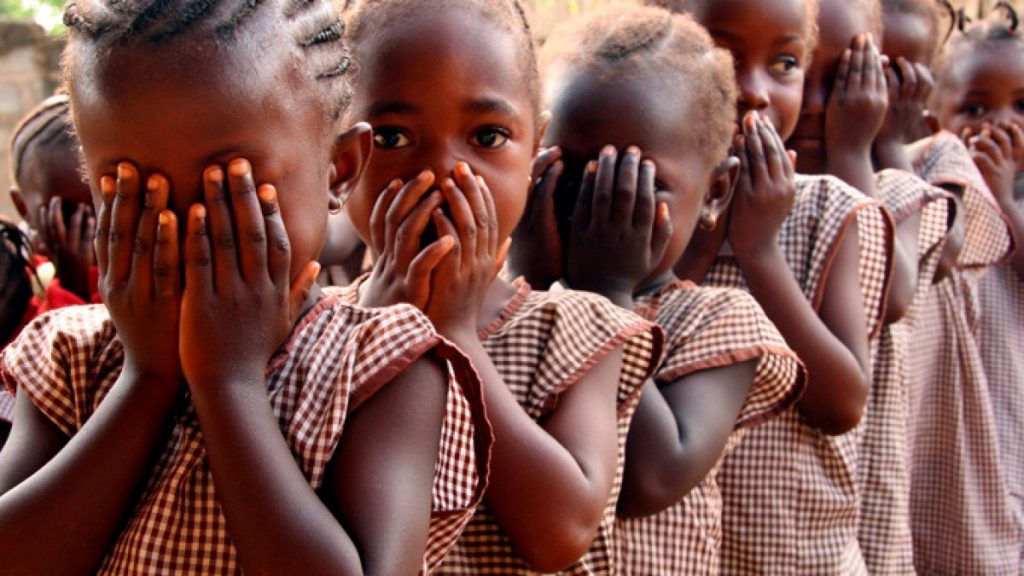The marriage of a 63-year-old high priest to a 12-year-old girl in Ghana sparked public outrage and condemnation, as child marriage is explicitly criminalized in the country. The priest, Nuumo Borketey Laweh Tsuru XXXIII, faced backlash for his immoral actions. The police intervened and placed the girl in protective custody, highlighting the prevalence of such practices in Africa.
Child marriages are a common issue in Africa, with stories like the 12-year-old girl’s marriage in Ghana shedding light on the widespread problem. Many girls are forced into marriages with much older men, resulting in trauma, limited opportunities, domestic violence, and health challenges. Despite efforts to address the issue, regressive cultural practices and traditions continue to contribute to the prevalence of child marriages in the region.
The practice of offering child brides as compensation for crimes or disputes is still observed in some African communities, perpetuating the cycle of child marriages and exploitation of young girls. Gender inequality, poverty, social norms, and cultural practices are all factors contributing to the persistence of child marriages in Africa. The socioeconomic hardships faced by young girls who enter marriage at a young age underscore the need for urgent action to protect their rights.
UNICEF reports that Sub-Saharan Africa is over 200 years away from ending the practice of child marriages at its current pace, highlighting the urgent need for societal change. It is essential for state authorities to enforce laws and policies that protect the rights of girl children, ensuring that they can enjoy a safe and carefree childhood like their male counterparts. African men must take responsibility for addressing the widespread violence and exploitation faced by girls in the region.
The protection and promotion of the rights of girl children in Africa must be a top priority for governments, institutions, and individuals. Every child, regardless of gender, deserves equal protection and rights to ensure their safety and wellbeing. Girls in Africa have the right to play, explore, learn, and grow without being forced into marriage or early motherhood. It is essential for African societies to work towards creating a more inclusive and equal continent where no child is left behind, regardless of gender or other factors.


